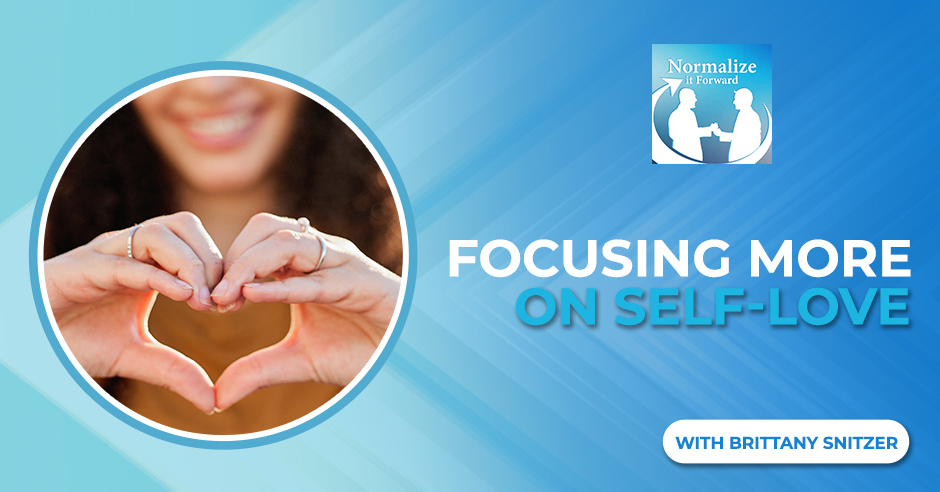
It is easy to get addicted to comparing yourself to others, and this mindset makes you feel insecure and incomplete. Instead of spending so much time looking at other people, why not focus more on self-love instead? Marc Lehman chats with Brittany Snitzer, a talented and innovative professional in the makeup industry, who explains how to let your authentic self shine at all times. She discusses the importance of surrounding yourself with people who fill your cup and let go of those draining it up. Brittany also explains how to escape the toxicity of social media platforms and turn them into spaces of positivity and belongingness.
—
Watch the episode here
Listen to the podcast here
Focusing More On Self-Love With Brittany Snitzer
We are here to talk about mental health and wellness. I’m super excited to welcome Brittany Snitzer. Welcome, Brittany, to the show. Brittany is a talented and innovative professional in the makeup industry, known for her expertise in creating flawless trend-setting looks, with a passion for enhancing natural beauty and a meticulous eye for detail.
Brittany has built a reputation as a go-to artist for a wide range of clients, from individuals to high-profile events and photoshoots. Her ability to adapt to diverse styles and stay ahead of industry trends sets her apart, making her a sought-after name in the beauty world. Brittany, thank you so much for making the time to join us. Welcome.
Thank you for having me, Marc. I’m so excited to be here and discuss all topics related to mental health.
Brittany And Gal On The Go
Let me first ask. I love the name Gal on the Go. Can we jump into that and tell us what that is?
Thanks. I started my business in 2015. I was injured and not in the best mental place when I started my business. I was divorcing and working in a salon because I’m also a hairdresser. I couldn’t work because I had a back injury. Starting my business at such a low point, I needed to find something to do where my back and mental health would still be thriving. During my divorce, my clients started looking for me on social media, the beauty of social media.
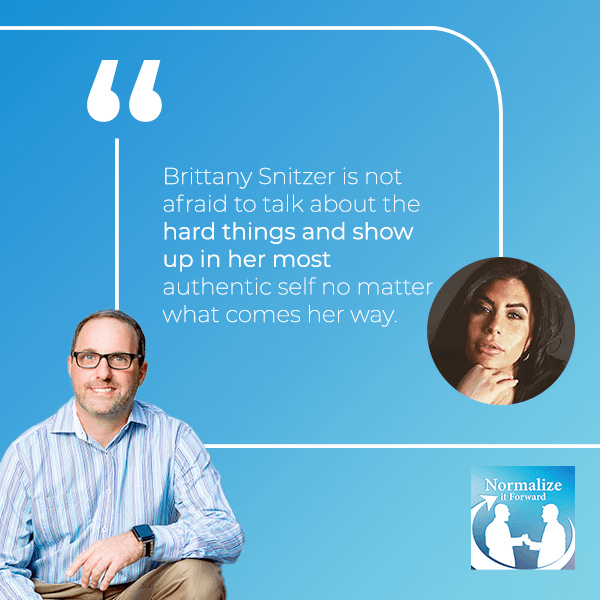
One day, a client said, “I have something. Would you mind coming over to do my hair?” I was like, “Let me go try.” I was on six months of bed rest with a herniated disc and 4, 5, and 6. I was also medicated and not in a good place. Thankfully, my clients kept calling me. One tells one. An entire business was built on word of mouth. My mental health started to improve. My back started to feel better. I was looking for a name that was catchy and cute. I didn’t want to be just “girl on the go.” I needed a little more pizzazz. I thought, “Let me be Gal on the Go.” Years later, I’m still Gal on the Go.
What a cool story. First of all, how’s your back now?
It’s good. Thank you. I always try to be mindful of my injuries and everything that comes with that. I do a lot of yoga and Pilates to stay on my game.
Less Self-Comparison And More Self-Love
As you might guess, I don’t know a ton about the beauty industry, but I treat a lot of individuals with eating disorders. I wanted to chat with you about that. Many of our audiences are young adults, and some are young. They’re on social media and exposed to so much. I wanted to bring the topic up and ask your thoughts on that associated with wellness.
I shared before that I struggled with an eating disorder at 12 or 13 years old. I was diagnosed with bulimia and anorexia. I was hospitalized that same year at the Children’s Hospital in Montreal. I stand proudly in saying that I’m in recovery and will continue to stay in recovery, but it’s lifelong. Every day is a struggle. Dealing with anorexia, bulimia, or any eating disorder plays a big part in your mind. As we say in therapy, your mind often micro-focuses on things that might not even exist.
Anorexia and bulimia have touched my life a lot because they dictated why I’m in the beauty industry. It’s ironic because I chose a field that makes others feel good. I take a lot of pride in that. My clients and the people I speak to know that. Life as a woman is difficult. Add a bit of anxiety. You want to be this person in your head, but it doesn’t always work like that. It becomes very challenging.
Even as a young girl, I was always an achiever. I wanted to succeed the best, be the best, and have the best. That played a lot in my head. Eating disorders and the beauty industry have a lot in common because when you go online and look at social media, that’s what young girls see, the very thin, the very tall, or the more voluptuous. There are so many things in your face on YouTube, Instagram, and TikTok about women’s beauty, and young girls gravitate toward that.
Even my young clients, I try to talk to them and say, “No matter what size you are, what color you are, or how you feel that day, you have to stay focused on what you have in front of you and not what you want to go out and do to yourself or play in your mind what you’re not good at or good for or not enough.” The talk about “not enough” is a lot, I find.
That part is a mindset, wanting what you don’t have. When you do have it, you want something else.
You’re still not happy. That’s a lot I find for women. Even women my age, who are at a pinnacle point and who are successful and beautiful, can’t seem to see that. They’ve done work and this, that, and the other. They’re still not happy with themselves. As a therapist and being in recovery, we talk a lot about loving ourselves but really loving yourself. What does that look like?
I’m glad you brought that up because so many of our audience. I think you’re speaking to our young and many of them. Let’s talk about that. What does it mean to love yourself? What does that look like to you?
Just because you are rich and famous does not necessarily mean you are okay inside. Share on XThe first thing is to accept who you are. The acceptance of, “Maybe I’m never going to be good enough for this person, that person, this parent, or grandparent, or that cousin,” or whatever the case is. “I’m good for bread. I’m doing good just for bread.” What does that mean for bread? It means, if I wake up and I’m having a bad day, how can I get out of my head to feel better? What do I need to do?
May that be meditating, working out, eating a healthy meal, talking to my therapist or my friends, taking a walk, being with my dog, and all those things. It’s self-acceptance and knowing, “I didn’t do X, Y, and Z today, but that doesn’t mean I’m a bad person. I didn’t post enough today. I got into a fight with my boyfriend, but that doesn’t mean I don’t love myself.”
I think asking that basic question. When you talk about acceptance, it’s so simple but so overlooked. I ask it all the time in therapy, “Are you happy?”
What does happiness mean?
It’s a good question.
I go back and forth, like, “What is it going to do to make me happy? Is it going to be buying a bag or helping somebody when they’re feeling like crap? What does that equate to?” A lot of people in my industry struggle with, “We could have everything in the world like collaboration deals, nice makeup, pretty face, and nice outings, but does that mean you’re happy?”
I would argue that it is not. A lot of individuals who seemingly have all of the material things oftentimes aren’t happy.
Most of the time, I meet and talk to my clients and people I come in contact with in the media. Just because you’re rich and famous and this and that and have Botox and filler doesn’t necessarily mean you’re okay inside. That was a bigger conversation.
Getting In Touch With Your Inner Child
It brings up the next thought of, “How do you get okay inside?” You and I have lived many more years than teenage kids. They’re figuring out how to be a young adult. We’ve tripped and fallen. We’ve done things that have allowed us to figure that part out. Let me ask you a question. When you think about what are some of the things you’ve done over the years that have made you, Brittany, a happier person?
It’s getting in touch with my inner child, and what about that? I wasn’t happy with it or didn’t fulfill or suffice my needs of not being good enough. I grew up with privilege. My parents were very accommodating. I went to private school, lived in a nice home, and all this and that. Sometimes, it goes beyond all those things. You remove the material things and then ask yourself what was lacking, “What didn’t I have,” besides materialistic. For me, it was a lot of going deep. I’ve been in a recovery program a few times already. I’ve had to work out why I choose certain people in my life or why I want to be like this person when I don’t want to be like this person. Why am I getting heavily influenced by people who don’t live in my shoes?
Great point. Great question. It happens all the time. If you think about how these devices train us, we’re constantly barraged with all of these images. It feels to me like when I look at Instagram or Facebook, the images women are bombarded with are an example of what you’re talking about, which is that they’re seeking something that they’ll never get to. They can never truly feel good about who they are because they’re always running towards something.
If you are putting out a positive image on social media, you will get back a positive image. Share on XWhat are you running towards? What is the goal?
When I think about happiness, certain things bring me happiness. I’m sure certain things bring you happiness. One of those things is feeling mentally well.
Waking up and not feeling anxiety in the pit of my stomach, breathing in the good air, hugging my cute little dog, and knowing that I’m loved are things that I’m able to say, “I love myself,” and loving people around me openly without conditions.
A lot goes into that. I want to break that down a bit because it’s important for young people to understand this. You don’t get to be mentally positive or well-placed without a lot of work. The work sometimes is therapy, or joining a yoga class or a meditation class. The bottom line is making some time for yourself to take care of yourself. I find so many people don’t.
It’s easy to distract yourself by the noise, may it be substance, nightlife, or people who don’t want the best for you. If you surround yourself with things that can cloud your image of mental clarity, then you’re always going to stay stuck. You have to ask yourself, “What do I need to feel mentally clear?” For me, that’s staying away from substances and not going to bed past midnight. For me, that means eating healthy, taking nature walks, or talking to my friends who are there for me. Also, my clients and giving back to the community.
Surrounding Yourself With The Right People
You touched on a few things, but I want to pick up on one in particular. You mentioned having healthy people around you. It’s huge. I find that young people, a lot of times, will convince themselves that the people around them are healthy, love them, and care about them.
We have our rose-colored goggles on a lot. I’ve done it many times. You romanticize and fantasize about the people that you’re dating or the people that are around you. “Okay, whatever. This comment this.” No. We have to set in check and boundaries about the people who want the best for us. That may not be a ton of people. It might be just one. You eliminate a lot of the negative distractions and hyper-focus on what’s going to keep the peace in your brain. That’s when it clicks. That’s when it clicked for me, to be honest. Who’s feeding my soul and draining my soul?
We all have things that pop up in life. I work with so many college kids. Unfortunately, sometimes things pop up, like a death in the family or someone they love. They take a little bit of time away from school. I’m always curious when they get back who visits them first. It’s usually their true friends, the ones that care about them. “Brittany’s gone for 2, 3, 4 days or 1 week.” Someone’s texting you. Someone cares that you’re not there. As opposed to the other kids that you think are your friends and didn’t even notice you were gone.
You couldn’t have said it better. I have traveled around the world for work. In 2024, I’ve done a lot of traveling. It’s interesting to see who’s checking up on me or who is in my corner to know, “Did you arrive? Are you okay? Did you eat today?” It’s things like this. You’re saying something that resonates well with me because that’s a good indicator of who wants the very best for you. Sometimes, as hard as it is, you have to set your boundaries and remove yourself in silence. It doesn’t always have to be loud and proud. You can back away from people that you feel are in the pit of your stomach and don’t have the right intention.
That’s a good way of saying it. Don’t have the right intention. I like that.
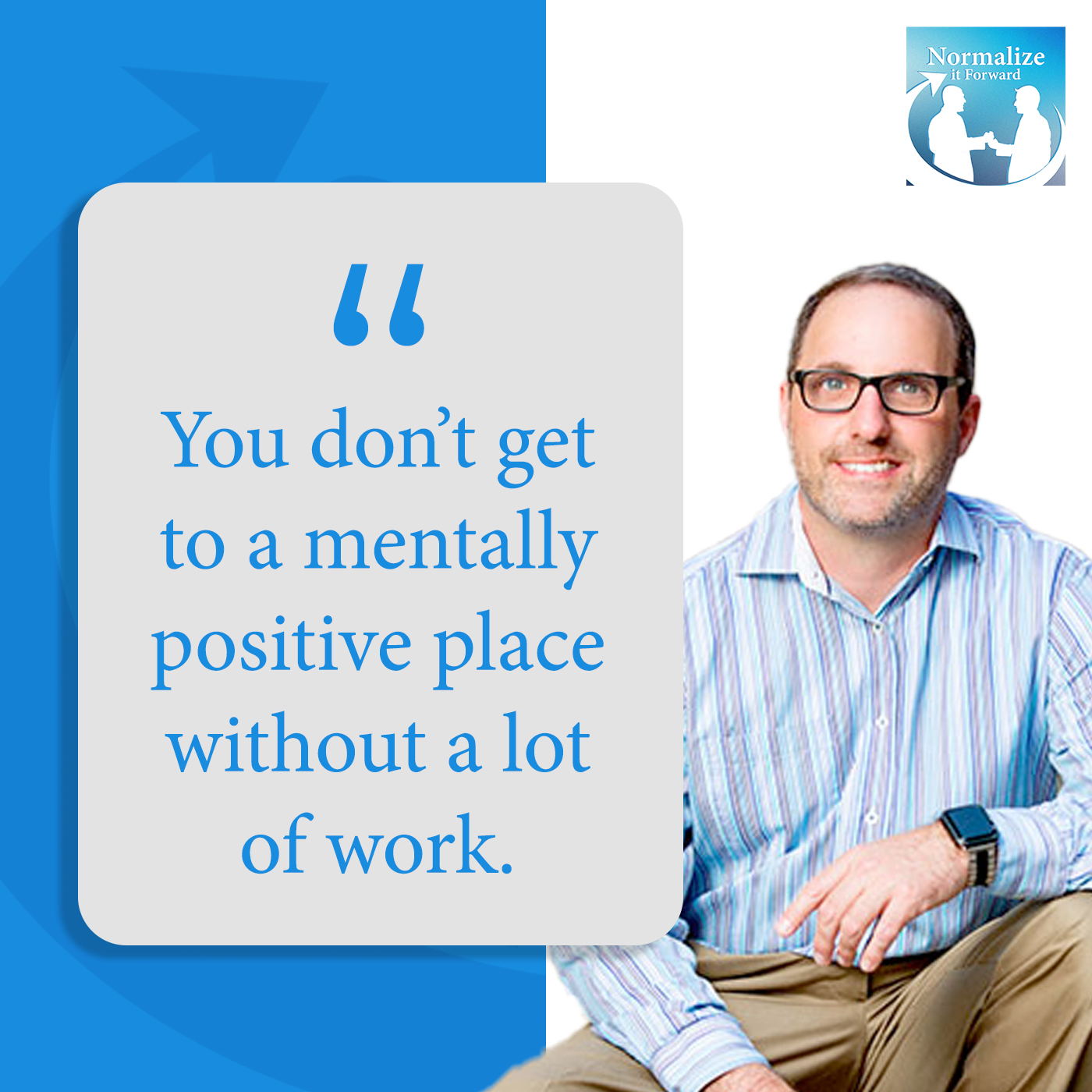
Some people want to be around for the wrong reasons. That leaves you with a bit of a black cloud. You’ll know and feel when you’re not in the right space.
Putting Out A Positive Image On Social Media
Brittany, let’s talk a little bit about social media because it is such a fascinating topic. I’ve been to so many conferences where they talk about it as evil and blame all of the mental health in the community on social media.
I think it’s a blessing.
There’s an up and a downside. I want to talk to you about both. In your industry, I would imagine it plays a role.
To be honest with you, I’ve been very successful with social media. This is how I produce content. People can see my work. I can connect with other artists. I’ve gotten a lot of collaboration deals out of social media. I feel that if you portray the right image, you don’t have to share your whole life. You share what you want to share, you’ll be judged for that, and so on, but at the end of the day, you control what’s here.
It’s a control mechanism like anything else. If you’re putting up a positive image, you’re going to get back a positive image. I’ve had many negative comments. That is normal, but the majority of this has been positive. I guess it depends on how you’re using your media. Are you using it in a positive business form, or are you dilly-dallying and creating things in your head?
I’ve spoken to many women. They have had to close their Instagram to deal with anxiety. They can’t watch a makeup video, a girl in a bathing suit, or something about Kim Kardashian. In my experience, it’s been positive. You also have to understand how to market and that Instagram is a business. As a business owner, you have to think of it as a business. It’s not that serious.
I like what you said, too, about boundaries. Not sharing your entire world is important. You and I both use it very similarly in terms of our business. It’s a great way to reach lots of individuals you wouldn’t be able to reach otherwise. For young people, it can be anxiety provoking. I watch young kids regularly go through this, especially with colleges.
Kids are being bullied a lot online or body shaming.
I want to highlight something you said, and it’s important to repeat. We have control over that. If a young person is viewing social media a lot, which many do, you don’t have to. You can turn your phone off, put some limits on it, set some boundaries, and take a break from it, which is mentally healthy to do. There are lots of benefits for it. It reminds me of a swimming pool. It can be a lot of fun, but we have to respect that it can also be hazardous. Be mindful of it.
You choose who to follow online and which content to see. It is in your discretion to put everything in moderation. Share on XIt’s also easy to get caught up. You’re scrolling. You’re on your page. It’s almost like a rabbit hole. I try as much as I can to do my content, post it out there, and look at a few things, but you can also choose who you follow. You don’t have to be public like me or you. You can choose your content. You can also put barriers. Everything is in moderation. It’s at your discretion.
Staying True And Offering A Lending Hand
Brittany, let me ask you this. It’s a big question. It sounds like many of us went through ups and downs as young people. If you had an opportunity to speak to your thirteen-year-old yourself, what advice would you give?
I would say to myself, “It’s not my fault. You’re doing the best you can for you. Keep shining and continue to thrive.”
One of the hardest parts of my job is that the depression and anxiety rates are through the roof. The suicide rates are as well. Every once in a while, and unfortunately, it’s becoming more frequent, I will hear a story. It’s a story of someone who took their life. I always think the same thing. It’s a horrible tragedy, but their life is just beginning. There’s so much more that’s going to happen for them. I love what you said. For young people reading, please hear those words. You’re not alone. There are plenty of people out there who are willing to listen, help, and assist. Guess what? If you hold your breath, things are going to shift and change every ten minutes. Twelve years old, 13 years old, 15 years old, and 18 years old, it’s all different age brackets.
A few years ago, I got this tattoo on my wrist. It’s the semicolon. A few years ago, I was not in a good place. My mental health was poor. I admitted myself to the hospital. I was very close to not making it. It’s important for everyone to realize that you don’t need to be young or old, but you also have to realize that if you’re having a mental health crisis, there are places and people who you can go to. They don’t have to be your family because most of the time, your family doesn’t know what to do and can’t help themselves either. I want to say that you’re never alone in the world.
I appreciate you sharing that. I always tell young people that when you find yourself in a lonely position, you have to find somebody and reach out.
That means checking yourself in.
Somewhere, anywhere. It’s being by yourself. That’s the most destructive place to be when you’re feeling that way. I’m happy you did that.
They say that life is a journey. Our journeys are continuing. Young people’s journeys are just beginning in many ways. I always feel honored when someone allows me into their world for a moment to hear about their journey. I know that if I run into that person 2, 3, or 4 years later, there will be twists and turns. That’s part of life. Now is a tough time for young people and adults. It puts a lot of pressure on us to take care of ourselves better. We have to get through this because we want to get to the good stuff.
Life is hard. It is not easy for everybody. I see and talk to many people a day because of my profession. You’re a therapist, and I’m a therapist too, in my own right, without the degree. Someone’s sitting in your chair. They’re trusting you to make them feel good, and they get to talking to you. I have clients who are high profile and no profile. They say the same things to me.
It is easy to talk about your inner battles. But at a certain point, you will have enough and must take a break. Share on XThat’s so important because I feel like when I talk to kids and they talk about the Kim Kardashians of the world or other famous people, there’s this illusion that they’re not human beings.
They’re human. We’re all human.
Their lives are so vastly different. Sure, maybe there’s more money.
Their lives are harder than we think.
I always say to people that it’s always the same whenever I’ve worked with a celebrity or famous individual. Everybody is a human being. We’re all susceptible.
They have an even harder time. I work in the media as well. They have to have thick skin because they’re being spoken about and ripped apart. Their relationships and lives are online. If they’re fat, skinny, green, or purple, it’s out there. They put themselves out there, so their mental health rates. If we look at some of the celebrities that have passed away, how much struggle have they been through? Nobody wanted to help them, right? They couldn’t get the help they needed. They have all the resources in the world.
It’s important. We do hear about that in the public eye. All the more reason. One of the biggest reasons I created this show is to talk about mental health and normalize the conversation. Let’s have a conversation and ask the right questions. Let’s be there for others if we can. Let’s be kind. Let’s realize that sometimes, when people appear like they’re not struggling, they are.
It’s funny you say that because I’m always pretty authentic. I explain who I am. Clients, my friends, and people online know that I have struggles. I work with I Love Tyler Madison brands. I try to do as much outreach as I can. You don’t know what’s happening in someone’s home and head. You could look perfect, filtered, hair done and makeup on, but you don’t know what’s happening. You don’t know what is going on in someone’s brain. It’s the appearance.
The mask they’re wearing.
We all wear one.
Keep that in mind and realize that it’s a choice. We can be kind to other people. We can recognize that maybe people are going through it more than we know. We can always lend a hand and an ear and listen to people if we need to. You used the word authentic. You’re super authentic. I appreciate your ability to put yourself out there and talk about hard things. I do think it’ll resonate with my audience. Guess what? They’re dealing with stuff, too. I feel like when we give that message that we’re all dealing with stuff, it doesn’t push people off into that stigma corner. It’s like, “It’s okay to be dealing with stuff. You got to be dealing with it and working on it.”
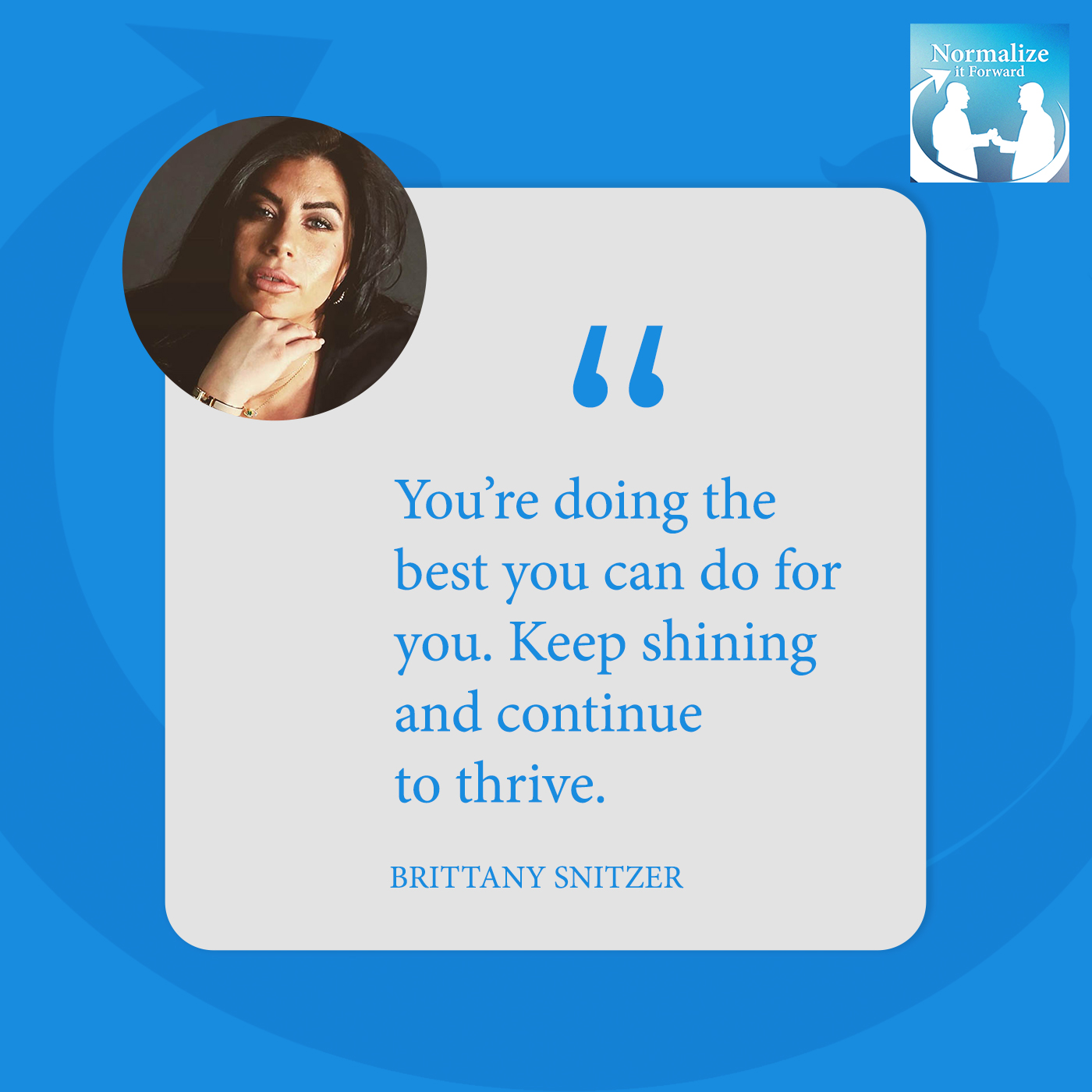
You have to do the work. That’s the hardest part. It’s easy to talk about it and keep talking about it, but at a certain point, you have to be like, “Enough is enough. I want to feel good and strong now. I want to feel mentally okay. What does that mean? What do I need to do to wake up in the morning and not feel like I’m going to crawl into a ball and cry?”
That’s where therapy comes in. You get a good therapist. They’re going to direct and tell you. They’re going to warn you. They’re going to tell you, “This is going to be a little bit of work.”
A lot of work. You have to dig deep. It goes back a long time for many, including myself.
Brittany’s Nominee For Next Guest
I appreciate your time. Part of the show is that I want the conversation to continue. I often ask my guests to nominate a friend, a coworker, or a relative. If you have one, I’ll put you on the spot, but I’m curious. Any thoughts in terms of somebody you know who might be a good person for me to interview?
Yes, I do. She’s a good friend of mine. She’s a client. She’s also a content creator and actress. Her name is Esther Brzezinski. She would be good for your show as well. She’ll give a different perspective to your audience.
I appreciate it. I’ll get her info from you offline, reach out, and get Esther on the show sometime soon. Thank you so much. I know you’re super busy. I appreciate you being here. Have a wonderful day. We’ll talk at some point. Take care.
Thank you for having me.
You’re very welcome. Take care.
Important Links
About Brittany Snitzer
 Brittany Snitzer is a talented and innovative professional in the makeup industry, known for her expertise in creating flawless, trend-setting looks. With a passion for enhancing natural beauty and a meticulous eye for detail, Britney has built a reputation as a go-to artist for a wide range of clients, from individuals to high-profile events and photoshoots. Her ability to adapt to diverse styles and stay ahead of industry trends sets her apart, making her a sought-after name in the beauty world.
Brittany Snitzer is a talented and innovative professional in the makeup industry, known for her expertise in creating flawless, trend-setting looks. With a passion for enhancing natural beauty and a meticulous eye for detail, Britney has built a reputation as a go-to artist for a wide range of clients, from individuals to high-profile events and photoshoots. Her ability to adapt to diverse styles and stay ahead of industry trends sets her apart, making her a sought-after name in the beauty world.

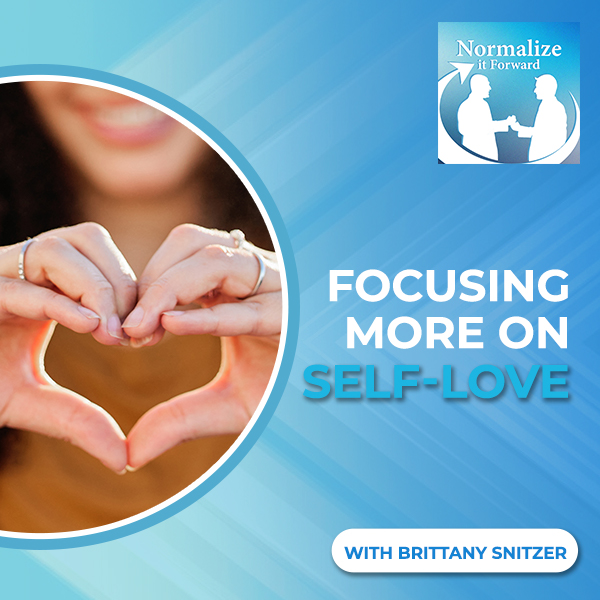
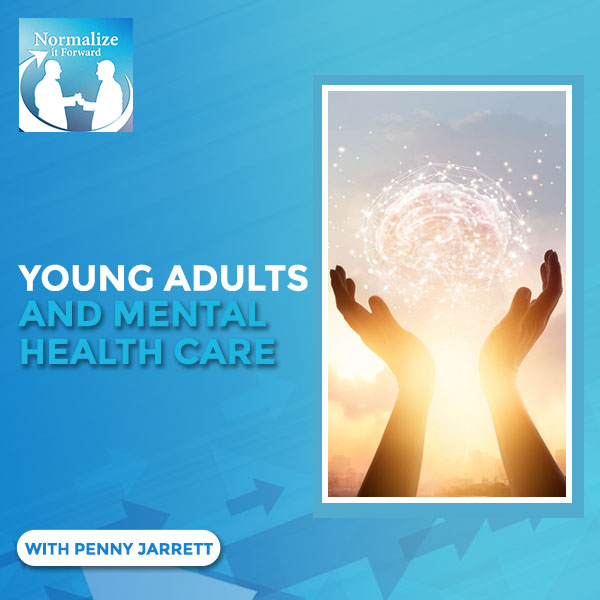
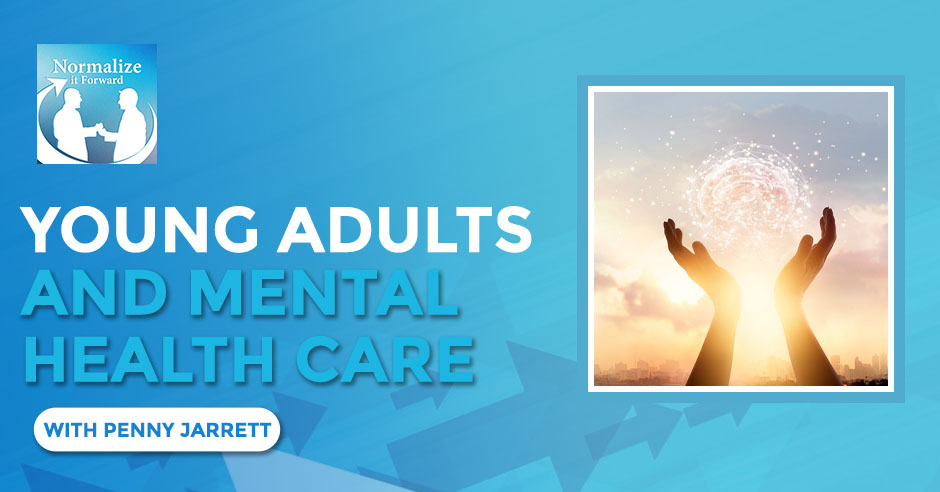
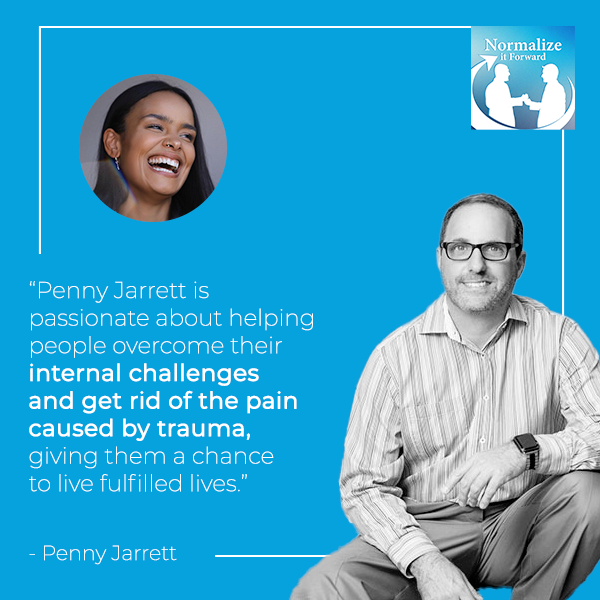

 I’m Penny and I am a woman on a mission to help heal the world by spreading as much joy as possible and encouraging people to truly understand and love themselves.
I’m Penny and I am a woman on a mission to help heal the world by spreading as much joy as possible and encouraging people to truly understand and love themselves.